Can Dogs Eat Peas?
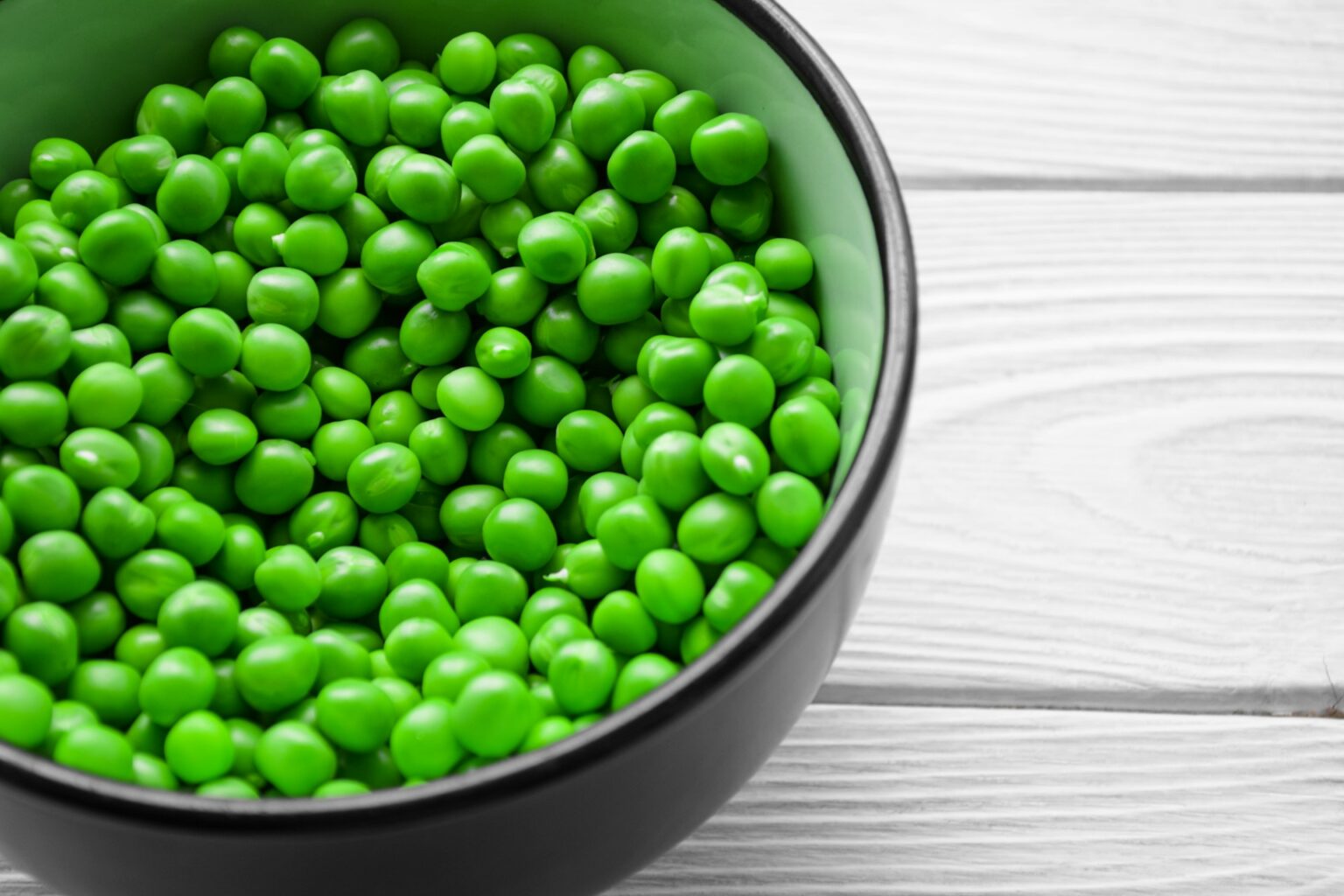
The quality of life of our four-legged friends depends heavily on a proper diet. While the dog is a carnivore, it can also consume small doses of products of plant origin with the benefit. It’s a good idea to give them vegetables and fruits that supply valuable vitamins and minerals as well as fiber that helps their digestion. But not every plant is healthy for dogs. Some may be toxic, so dog owners must know which plant products are safe for their dogs. It is also worthwhile to consult a vet when making a dog’s diet so that the products provided are suitable for the dog’s age, breed, and health.
Are Peas Safe For Dogs?
As the owner, you need to ensure your four-legged friend does not eat anything poisonous. In comparison to cats, dogs are less fussy eaters. The innate curiosity and exploratory nature of dogs can lead them to accidentally consume foods they should not eat, like leftover foods from the table or unhealthy treats. As a result, dogs can be more prone to food poisoning, which can result in serious health complications. Now, is a dog at risk after eating peas?
Dogs can eat peas. This is a non-toxic plant, so it is safe to use. And as a bonus, vegetables can be good for dogs, providing essential nutrients to their diet. But remember always to introduce any new ingredients into your dog’s diet slowly to prevent digestive issues. Vegetables can be a part of every canine’s diet, but always in moderation and combination with good quality food. So, what are the benefits of a pea? How can you include this vegetable in your dog’s diet? Let’s find out more.
Peas Benefits For Dogs
Dogs can eat peas safely. In addition, you can incorporate this vegetable as part of your dog’s nutrient intake. The seeds provide plant protein, which contributes to muscle growth. This product also has a nice amount of fiber, which helps with digestion and keeps optimal body weight. Peas also have some minerals and vitamins that can help boost the immune system and the dog’s overall health. This legume also contains antioxidants that help fight inflammation in your pet’s body.
The pea’s versatility in nutrition has also made it a useful ingredient in dog food. Manufacturers use this vegetable to enhance the texture of dog food without skimping on protein content, which is very important since protein plays a major role in your pet’s diet.
How to Feed a Dog Peas?
Does your dog drool at the sight of peas? You can offer this veggie to your pet! Dogs can eat peas. However, before that, you should consider some factors. Start slow, especially if you mean to give peas to your dog for the first time. Give your dog a handful of peas, and see how your pet reacts. In fact, dogs can be allergic to many different types of plants, including peas. The skin reaction can cause dogs to scratch themselves more frequently. Allergies can also cause trouble breathing. In addition, legumes should be used carefully because of their high fiber content. Excessive amounts of any vegetable can lead to diarrhea or vomiting in dogs.
One more consideration is how you prepare peas for dogs. If your dog pilfers your peas off your plate, then the vegetable shouldn’t be harmful, but other additives commonly incorporated into meals can be dangerous. Keep in mind that salted or seasoned peas are not for dogs. Certain flavorings , like garlic and onion, can be very harmful to pets. In addition, adding fat such as butter can be an unnecessary calorie intake for dogs.
Also, avoid tinned peas, as these often contain sugar and other potentially harmful ingredients. Peas are extremely nutritious, and if you want to give them to your dog, they should be boiled without additives. Since boiled peas are very soft and can be crunched easily, they will not be an issue to bite and will be easy to digest.
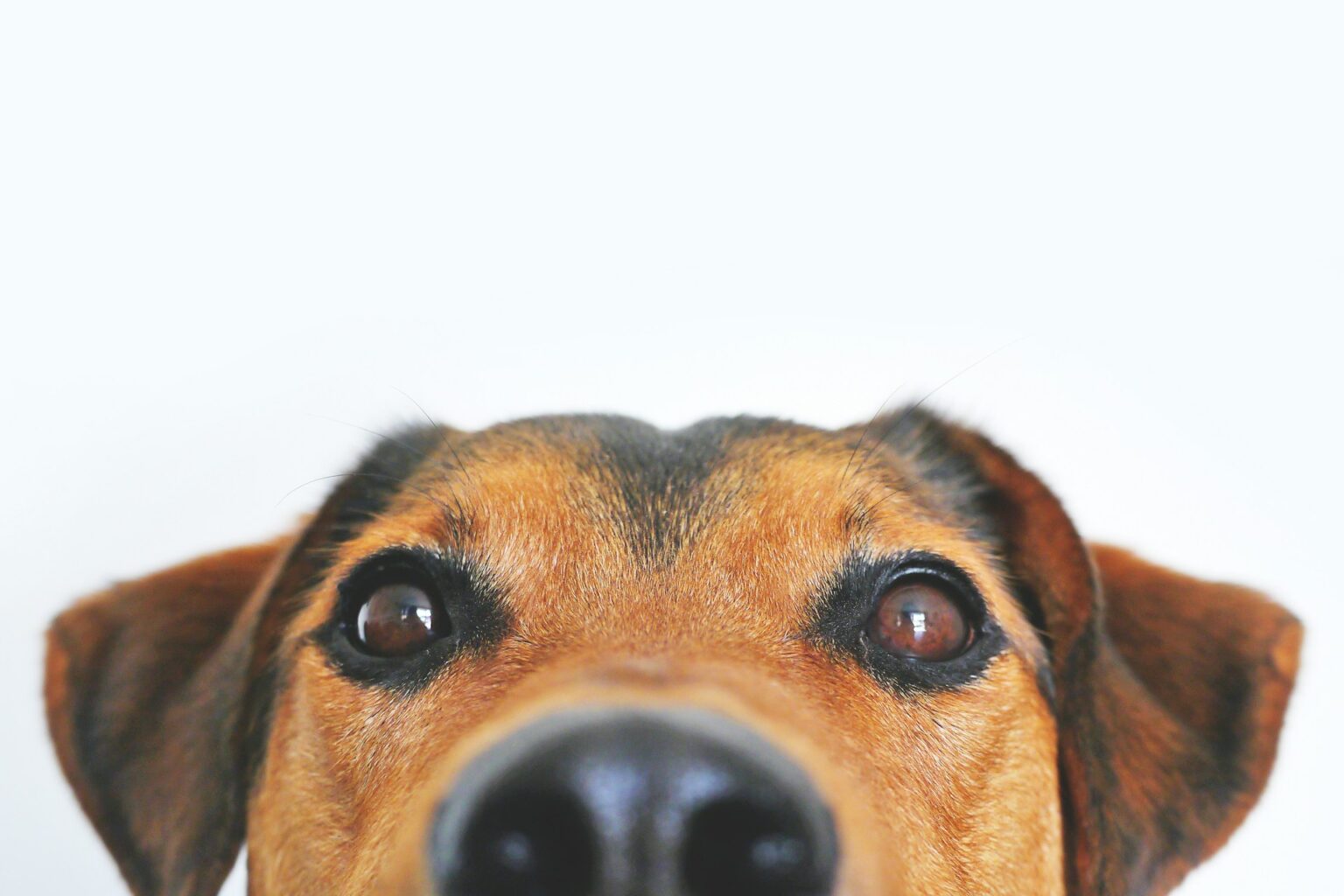
Summary
Dogs can eat peas. If you want to add some nutrients to your pup’s diet, this vegetable is a great option. But the real key is to be moderate and careful. Always consult with your vet about what your dog should be eating! A specialist will consider important factors like age, breed, and health condition.
Source
- J. L. Adolphe, M. D. Drew, T. I. Silver, J. Fouhse, H. Childs, L. P. Weber (2014). Effect of an extruded pea or rice diet on postprandial insulin and cardiovascular responses in dogs.
https://pubmed.ncbi.nlm.nih.gov/25475789/
